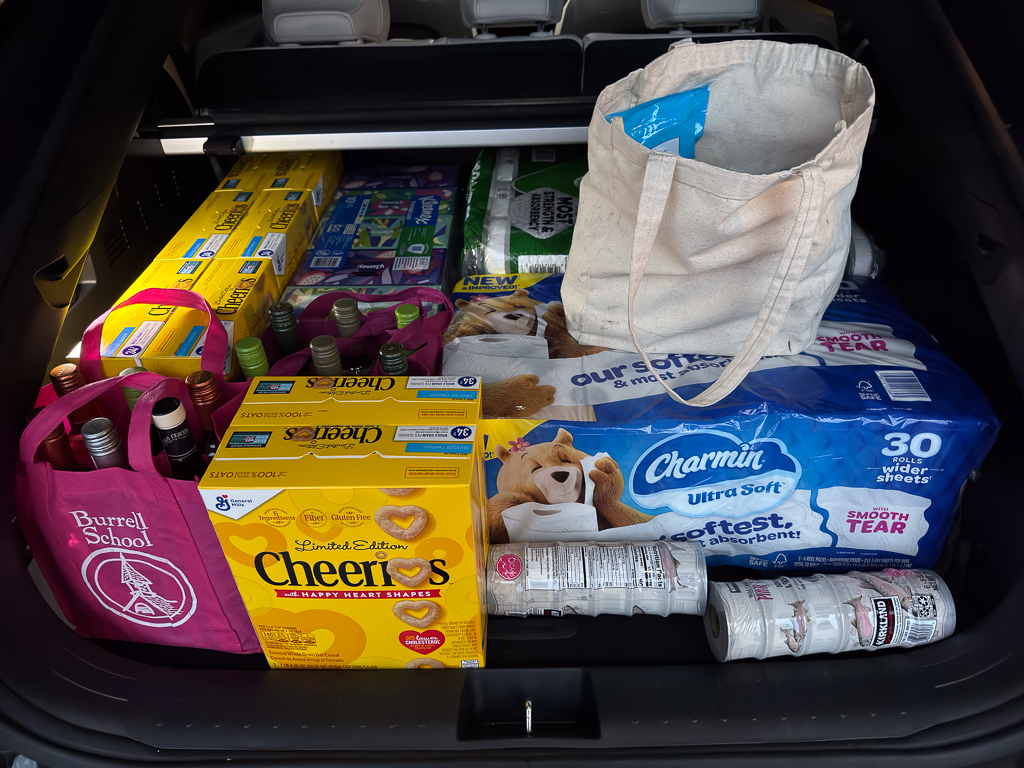(With apologies to Clement Moore and to Simon and Garfunkel)
‘Twas the night before Christmas, when all through the house
Not a creature was stirring, not even a mouse;
And mamma in her ‘kerchief, and I in my cap,
Had just settled down for a long winter’s nap,
When out of our phones there arose such a clatter,
I sprang from the bed to see what was the matter.
It was the National Weather Service with a cheery greeting:

We hadn’t been planning to travel until much later in the day, so the warning was superfluous.
Eventually, we drifted back to sleep.
When we got up intentionally this morning, I looked for a way to disable such warnings in the future, and found it (at least for iPhones). Go to Settings/Notifications, scroll almost all the way down to “Enhanced Safety Alerts” (below all the apps and just above “Government Alerts”), click, and turn off “Imminent Threat Alerts”. You can read the full details from Apple.
Merry Christmas to all, and to all a good night!
